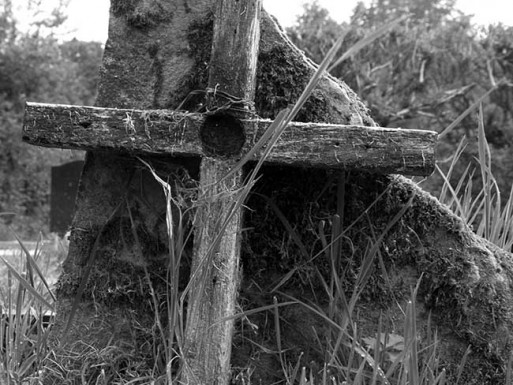When a person walks around a cemetery, it is quite common to see a good portion of graves or plaques marked with epitaphs. The word, “epitaph,” itself stems from the Greek word “epitaphios,” which means “a funeral oration over tomb.” Therefore, epitaphs are strictly short texts etched on the plaques or gravestones of lost loved ones that serve as memorials to them. What serves as someone’s epitaph varies greatly depending on whether there were specific wishes prior to his or her death. Sometimes lost loved ones had words they clearly wanted as their final words to be seen at their final resting places while others leave the decision to add an epitaph up to the surviving family members during the burial planning process.
Survivors of those who have died can feel reassured and comforted by the memories or ponderings of words selected to represent the lives of lost loved ones.
Epitaphs allow people to get their creative juices flowing because these words, in a way, serve as legacies for those who are now gone. Survivors of those who have died can feel reassured and comforted by the memories or ponderings of words selected to represent the lives of lost loved ones. Anything from poems and brief biographies to quotes from holy texts or personal sayings can be used on gravestones or plaques. When it comes to those who have chosen poems as their epitaphs, one of the most notable writers in history, William Shakespeare, composed his own for his gravestone. It reads as follows: “Good friend for Jesus sake forbeare,/To dig the dust enclosed here./Blessed be the man that spares these stones,/And cursed be he that moves my bones.”

Famous epitaph in Thermopylae, Greece atop a burial mound where 300 Spartans died in battle. Written by the ancient Simonides: “Stranger passing by, go tell the Spartans that here we lie, obedient to their laws.”
Credit: dougtischler.blogspot.com
The most popular information found on epitaphs tends to be names, birth dates, dates of death and the relationships of the lost loved ones to their surviving family members. Some other famous people’s epitaphs, both humorous and serious, include Stan Laurel’s “If anyone at my funeral has a long face, I’ll never speak to him again” and Virginia Woolf’s “Against you I will fling myself, unvanquished and unyielding, O Death!”
The type of epitaph—religious or humorous, short or long—often depends on the culture to which the person lost belonged.
The skyrocketing of the popularity of epitaphs can be traced back to the end of the 18th century. The type of epitaph—religious or humorous, short or long—often depends on the culture to which the person lost belonged. Interestingly enough, long epitaphs happen to occur more often in Europe than in the United States. In the 21st century, however, more people find shorter epitaphs sweeter for getting the lasting legacy of a lost loved one’s message across.
What are some clever epitaphs you have read? We look forward to your comments below.
You may also enjoy:

 Why Have Epitaphs Been So Popular For So Long?
Why Have Epitaphs Been So Popular For So Long?



 The Other Death in the Family
The Other Death in the Family

 The Healing Sound of Singing Bowls
The Healing Sound of Singing Bowls














